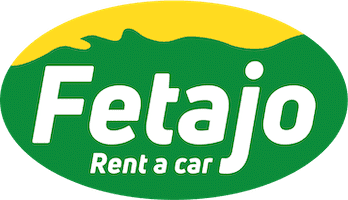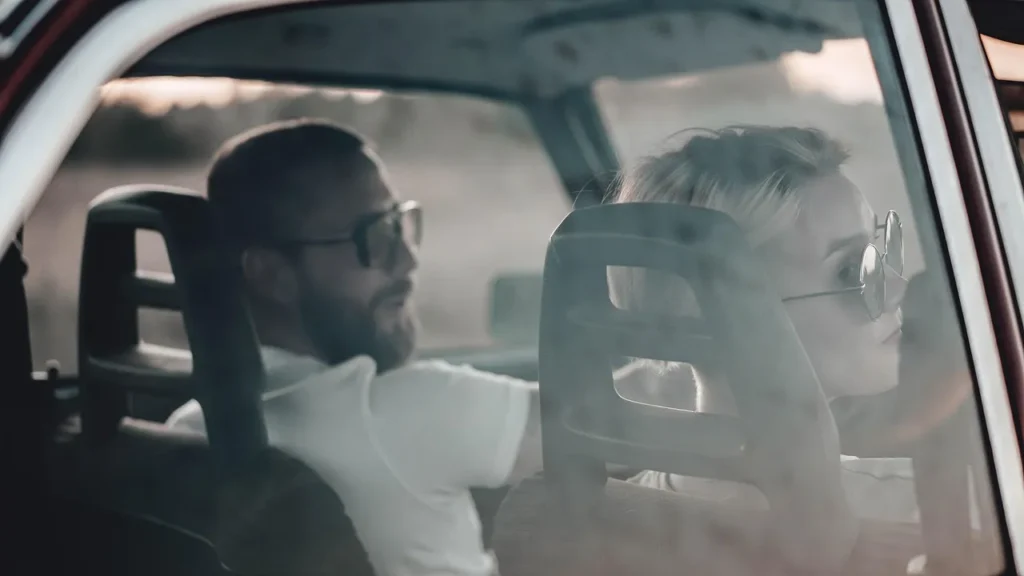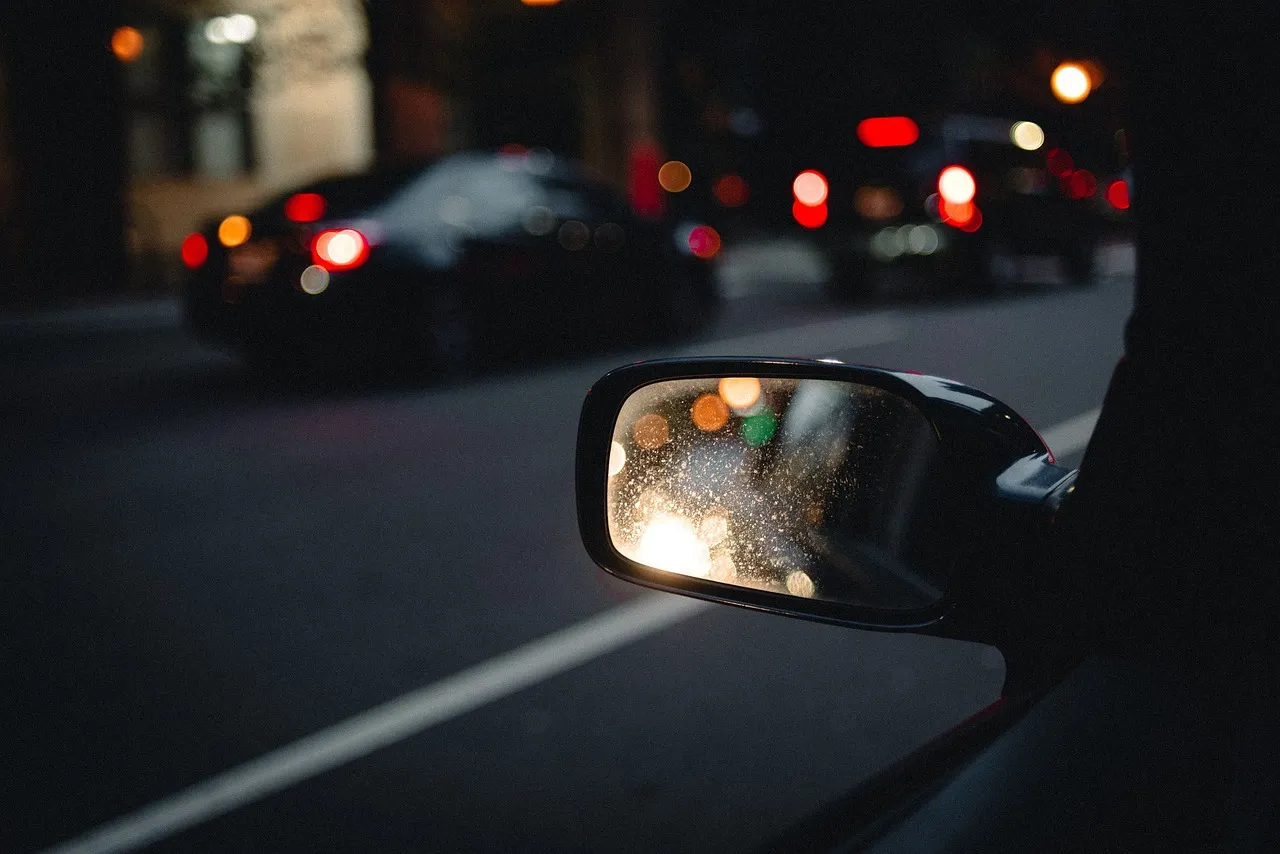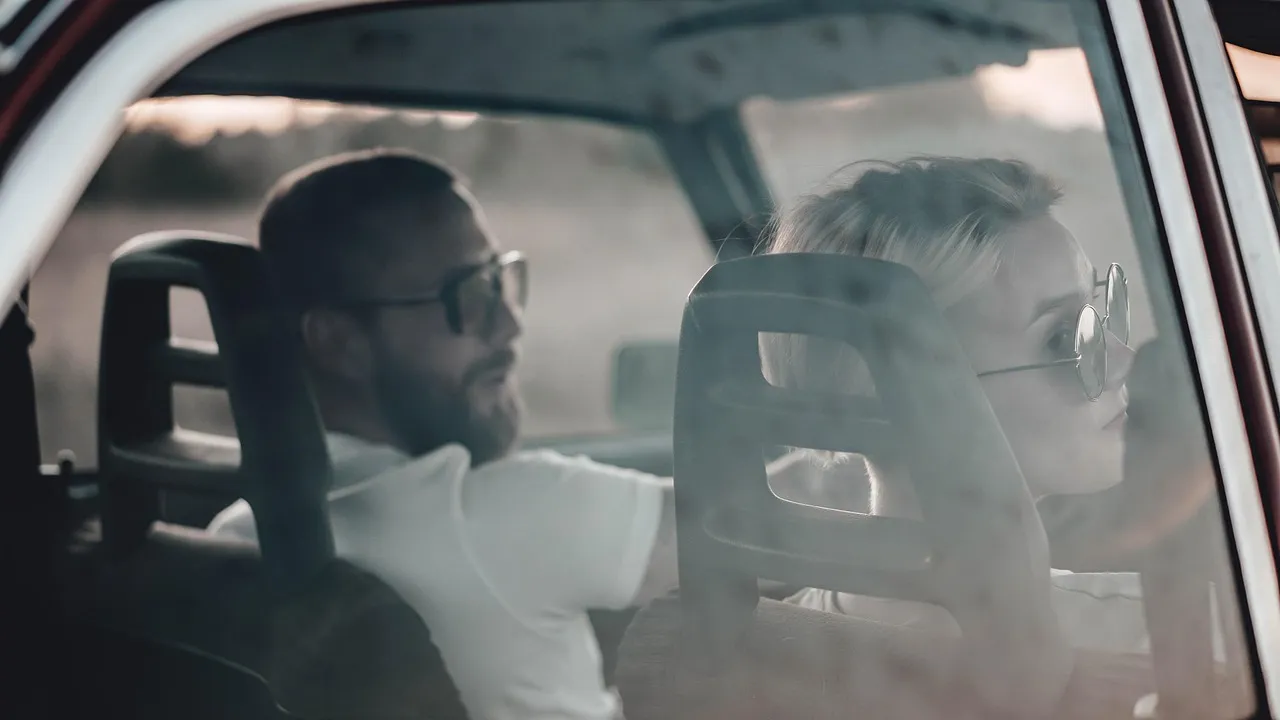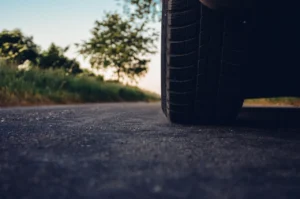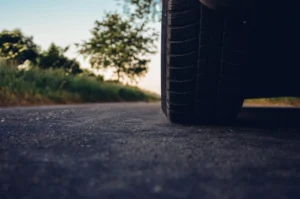Everything You Need to Know Before Driving in Spain

Driving in Spain: an unforgettable experience
Driving in Spain is one of the best ways to explore the country’s incredible diversity. From coastal roads along the Costa del Sol to mountain passes in Andalusia, a rental car gives you the freedom to move at your own pace and discover hidden gems.
Before starting your journey, it’s important to understand local driving regulations, required documents, and cultural habits that will make your trip smooth and stress-free. At Fetajo Rent a Car, we help our clients not only rent the right car but also drive safely and confidently across southern Spain.
Required documents for driving in Spain
To drive legally in Spain, you’ll need the following:
- Valid driving licence
- EU and UK licences are accepted in Spain.
- Drivers from outside the EU (such as the US, Canada, or Australia) must carry an International Driving Permit (IDP) alongside their national licence.
- Passport or national ID card
– Always carry identification while driving. - Rental agreement and insurance documents
– Provided by Fetajo Rent a Car when you collect your vehicle. - Credit card used for the rental
– Required in case of deposit or additional charges (such as fuel or tolls).
Minimum age and driving experience
The minimum age to rent and drive a car in Spain is 21 years old, with at least one year of driving experience. Some vehicle categories may require the driver to be 25 or older. Fetajo Rent a Car clearly indicates age requirements when booking.
Basic driving rules in Spain
Driving in Spain is generally straightforward, but there are a few key rules to keep in mind:
- Drive on the right-hand side and overtake on the left.
- Seatbelts are mandatory for all passengers, both front and rear.
- Using a mobile phone while driving is prohibited unless you have a fully hands-free system.
- Headlights must be used in tunnels, at night, and during poor visibility.
- Children under 1.35 m must use an approved child seat or booster (available from Fetajo upon request).
Alcohol and driving
Spain enforces strict limits for alcohol consumption:
- The maximum blood alcohol level is 0.5 g/l (0.25 mg/l in breath).
- For new drivers (less than 2 years of experience), the limit is 0.3 g/l.
It’s always best to avoid drinking entirely if you plan to drive. Penalties for exceeding the limit include heavy fines, licence suspension, or even imprisonment.
Speed limits and radar control
Speed limits in Spain are well regulated and vary depending on the type of road:
- Motorways (Autopistas / Autovías): 120 km/h
- Conventional roads: 90 km/h
- Urban areas: 30–50 km/h
Radar speed controls are common across Spain, especially on highways and major roads. The fines for speeding are strict and often issued automatically through camera systems.
Tips for safe driving
- Adjust your speed during rain or fog.
- Keep at least a two-second distance from the vehicle ahead.
- Avoid sudden braking — local drivers expect smooth, predictable movements.
Parking in Spain
Parking regulations can vary by city, but the color of the lines is the best indicator:
- White lines: Free parking.
- Blue lines: Regulated zones where payment is required (usually via parking meter or mobile app).
- Yellow lines: No parking allowed.
In busy tourist areas such as Málaga, Marbella, or Fuengirola, use public car parks (aparcamiento público) for convenience and safety. Fetajo Rent a Car can recommend parking areas close to your hotel or destination.
Toll roads and fuel information
Toll roads
Spain has several toll highways (autopistas de peaje), especially along the Mediterranean coast. Payment can be made in cash, by card, or using electronic toll devices. You’ll see clear blue signs indicating toll sections.
Fetajo vehicles are not equipped with automatic toll devices by default, but tolls are easy to pay at the booths. Always keep small cash or a debit card handy.
Fuel stations
Fuel stations are abundant and easy to find along highways and within towns. Most are self-service and accept credit or debit cards. Make sure to use the correct fuel type: diesel or petrol (unleaded 95 or 98). The correct type is always indicated inside the fuel cap.
Emergency equipment and procedures
Every car in Spain must carry the following equipment:
- Reflective safety vest (to be worn before exiting the vehicle).
- Warning triangle(s) or electronic emergency light.
- Spare tire or repair kit (included in all Fetajo cars).
In case of breakdown or emergency:
- Move the vehicle to a safe area.
- Turn on hazard lights.
- Call 112, the European emergency number, if necessary.
- Contact Fetajo Rent a Car’s 24-hour assistance line (included in your rental).
Local driving culture
Spanish drivers are generally courteous but dynamic. It’s normal to experience close traffic in cities and quick lane changes on highways. Stay calm, follow the rules, and keep to your lane.
In roundabouts, give way to traffic already circulating and always use your indicators when exiting.
Sustainable driving on the Costa del Sol
At Fetajo Rent a Car, we encourage responsible driving to protect Andalusia’s beautiful environment. Our modern fleet includes low-emission and fuel-efficient vehicles, helping reduce carbon impact.
Follow these eco-driving tips:
- Accelerate smoothly.
- Maintain steady speeds.
- Avoid idling for long periods.
- Check tire pressure regularly.
Not only will this help the environment — it will also reduce fuel consumption during your trip.
Enjoy Spain safely and confidently
Driving in Spain opens the door to endless possibilities — from hidden beaches to mountain villages and vibrant cities. With Fetajo Rent a Car, you can explore freely, knowing you have a well-maintained vehicle and full support whenever needed.
By following local rules, respecting speed limits, and driving responsibly, your road trip through Andalusia will be as safe as it is unforgettable.
